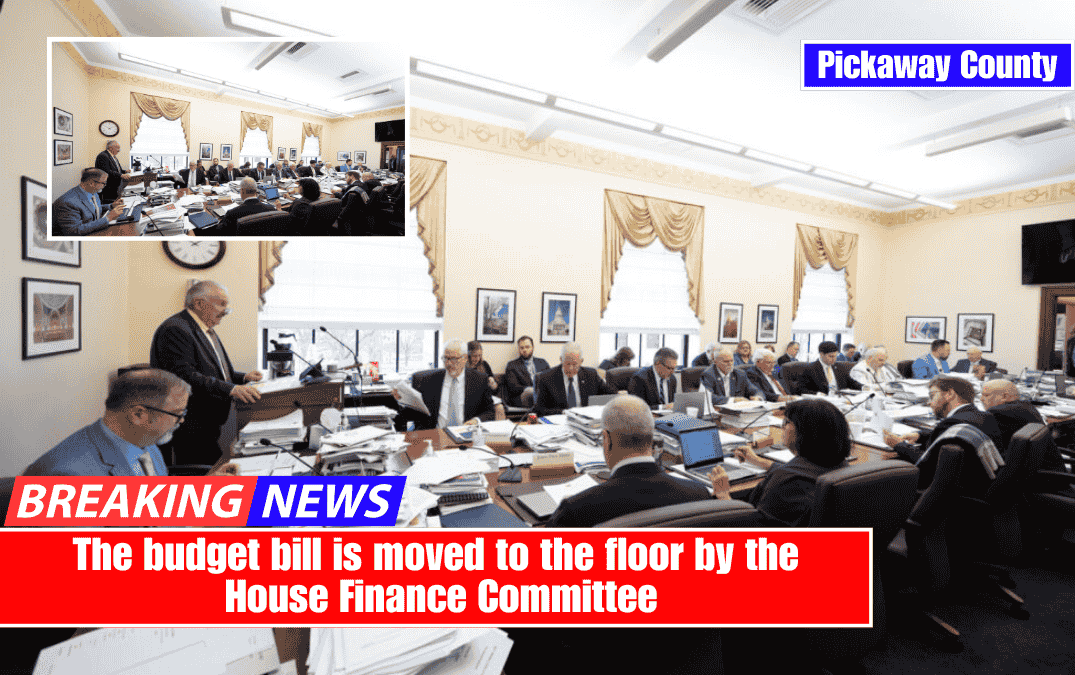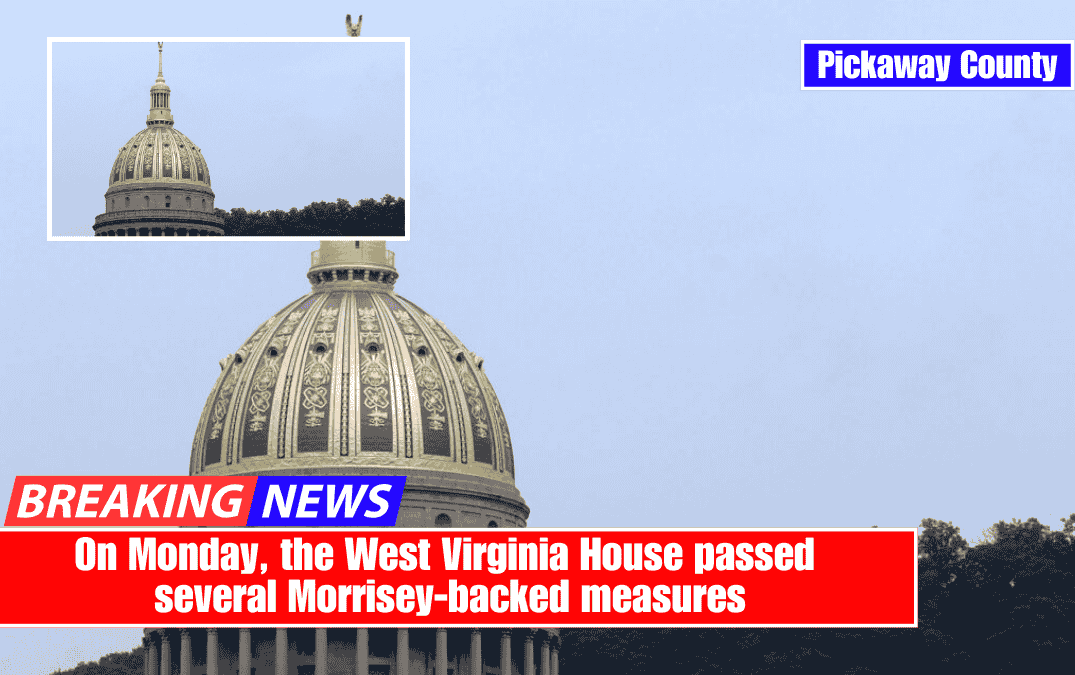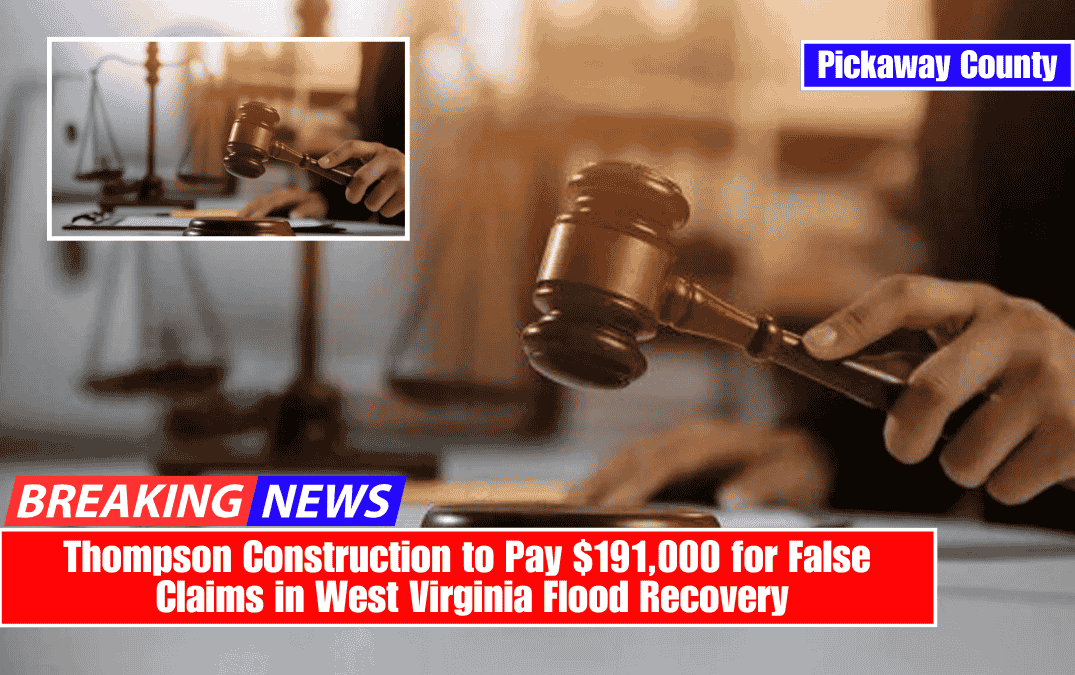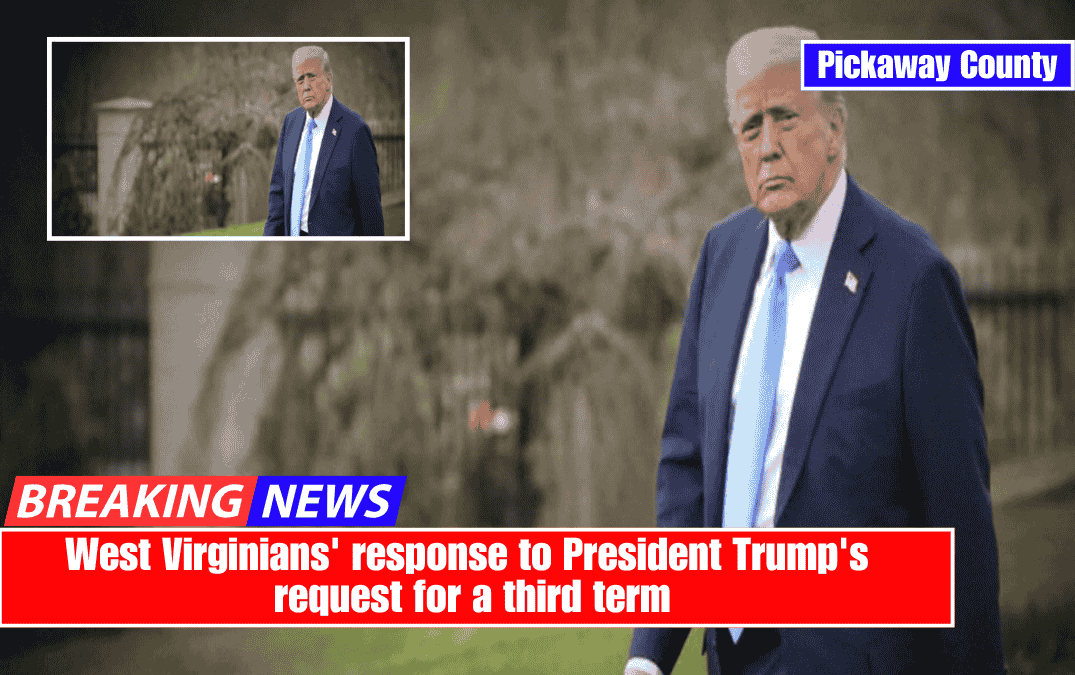West Virginia House Republicans are altering the state’s Freedom of Information Act to apply to themselves.
They seek to exempt the Legislature from the state’s public record statute. Instead, lawmakers would create “rules regulating the disclosure of public records.”
The current statute reads as follows: “The people, in delegating authority, do not give their public servants the right to decide what is good for the people to know and what is not good for them to know.”
House Speaker Roger Hanshaw, R-Clay, stated in a statement issued by spokesman Ann Ali that the bill is part of a bigger effort “so the Legislature can tell itself what to do in its own rules as opposed to cluttering up the law.”
According to the statement, he plans to keep all public records available. Right now, those records can include emails between lawmakers and lobbyists concerning policies, letters from constituents, and travel expense paperwork.
“I think most lawyers and most lay people think that’s a good thing to have an open government,” said Rob Bastress, a Charleston-area attorney who has litigated many FOIA claims. “Sunlight is the best disinfectant, right?”
He expressed concern about the Legislature exempting itself from the statute because a new regulation may be readily amended.
“The overriding policy is good. “I believe that transitioning that to a rule should not be taken lightly,” Bastress stated.
Hanshaw submitted HB 3412 just before the deadline for delegates to submit bills during the 60-day session.
It was forwarded to the House Rules Committee, which chooses which measures are debated on the floor and in what sequence. The committee is chaired by the speaker and comprised of his leadership team. The committee includes all of the bill’s co-sponsors.
The committee met on Wednesday, barely a few hours after the meeting schedule was released online.
Hanshaw stated that the bill’s purpose is to clarify for the public what is and is not public record. He stated that the current law is written with executive agencies in mind.
“The kinds of records kept in the transaction of legislative business are really not akin to the same kind of records kept by executive branch agencies,” he said.
A committee counsel pointed out that at least 13 other states have “carve outs” for their legislatures under the Freedom of Information Act. Hanshaw stated that what he is suggesting is not like that.
“I actually never will use the term carve out, because that’s not the intention of the bill,” stated the congressman.
Hanshaw also stated that if the Legislature passes the bill but no rule is issued, the current FOIA statute will continue to apply.
During the hearing, Hanshaw brought on Doug Skaff, a newspaper executive and interim director of the West Virginia Press Association. Skaff inquired whether the bill would alter the relationship between the press and the Legislature.
“I’ll categorically answer that question with no,” Hanshaw stated.
Before the session, the House Republican supermajority changed the rules to eliminate public hearings. Hanshaw stated that a new committee process will enable more public involvement on legislation. That did not occur, according to a check of publicly available minutes.
Henry Culvyhouse and Duncan Slade March 24th, 2025. March 24th, 2025.
March 24th, 2025.
“Unfortunately, the track record of their new rules isn’t quite up to expectations,” said Gary Zuckett, co-director of the West Virginia Citizens Action Group.
The public is already having difficulty being heard in the “People’s House,” he claimed.
“I’m concerned that if they exempt themselves from an official Freedom of Information Act request, that type of information will be harder for the public to access,” he told me.
Austin Siford, a FOIA activist from Shepherdstown, frequently uses the public records law.
He asks information on everything from police body camera footage to university officials’ spending, and he sometimes posts his discoveries on social media. Other times, he gives them to members of the media.
Siford stated that while he has not presented his own requests to the Legislature, any attack on the statute is grounds for concern.
“Information deserves to be free,” Siford stated. “I will keep saying it. Information deserves to be free, especially information about the people we elect to the legislative body.
The post West Virginia Republicans seek to exclude the legislature from the state’s Freedom of Information Act appeared first on Mountain State Spotlight, West Virginia’s civic media.















